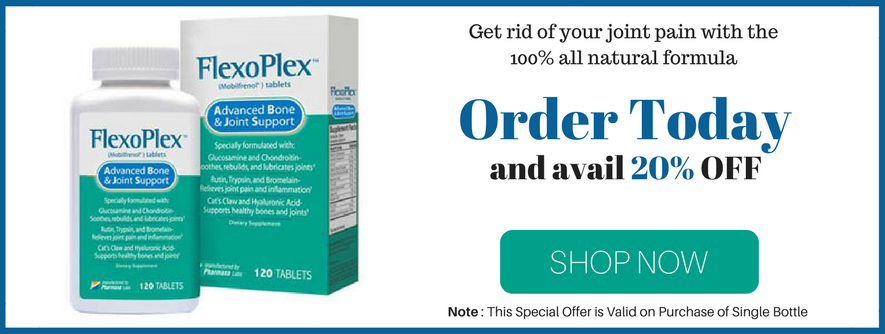
What is Joint Pain?
Joint pain can be caused by injury or disease affecting the ligaments, bursae, or tendons surrounding the joint, as well as the ligaments, cartilage, and bones within the joint. Additionally, pain can be a feature of joint inflammation (arthritis), infection and rare tumors in the joint.
Does Alcohol Cause Joint Pain, and If So, How?
To some extent, yes, alcohol can be a cause of joint pain. Alcohol is a diuretic, which causes more frequent urination. This in turn makes the body lose water, thus leading to dehydration. As the ligaments (the soft tissues sandwiched between your bones) needs water to make the joints soft and spongy, drinking alcohol leads to the removal of water from the body, thereby dehydrating these ligaments. The ligaments are one of the first to get affected by dehydration, as they contain a lot of water. When the dried out ligaments are no longer able to provide the soft cushioning between the bones at the joints, any movement of the joints can lead to unbearable pain and arthritis. Drinking water periodically helps in reducing the adverse effects of alcohol. Alcohol is a known risk factor for avascular necrosis, or “the death of bone tissue due to a lack of blood supply.” Avascular necrosis can lead to tiny breaks in the bone and the bone’s eventual collapse. This disease hits individuals aged from 30 to 60. Young people are more susceptible as drinking is more common in the age group.
Effects Of Alcohol Drinking To Joint Pain
Joint cartilage is worn down by walking, running and jumping. The influence of alcohol forces the cartilage to become thin or disappear, which means it is now only your bones that rub against each other while you move. Bones grow, deforming the joint and putting pressure on the receptors, causing constant pain while walking, which results in osteoarthritis. The fragments of cartilage within the joints are absorbed by leukocytes and a release of cellular enzymes provoke inflammation of the synovial membrane – also known as synovitis. Gradually developing, aseptic joint inflammation tends to worsen after another dose of alcohol, leading to an even more terrible disease - arthritis. The squeeze of the epiphyses, that are not protected by cartilage, leads to ischemia of the bones, characterized by inadequate blood supply to the body. Due to ischemia, bones do not receive the necessary nutrition and oxygen, resulting in the death of the bone tissue and its decay. Depending on the overall health condition, this disease can completely ruin the joint in a matter of 3 to 5 years. Insoluble urates, formed by the consumption of alcohol, can´t be eliminated from the body and deposit in the cells of different tissues. This develops resistant hypertension, the formation of kidney stones, and the calcification in the articular bag, tendons and ligaments. Urate crystals delve into synovial fluid and cartilage, and penetrate the bone. Because of this, the main function of the kidneys, which is filtering our blood, is disrupted, leading to inflammation of a joint, which sometimes appears just after the regular libations.
How to Prevent Joint Pain?
Due to the side effects of prescription medications, patients may choose to look to alternative forms of treatments, such as joint supplements like FlexoPlex. These often provide a natural approach to joint pain treatment, while containing ingredients that have been implicated in helping to support healthy joints. Supplements are particularly beneficial for those looking to begin a preventative care regime, or for those with mild to moderate symptoms who wish to try natural supplements instead of or alongside over-the-counter pain relievers or prescription medications. There are some very important natural ingredients which have been studied and proven effective in treating joint pain and problems. When choosing a joint supplement, it is important that you are aware of which ingredients to look out for. This section will help you to identify the key ingredients which should be included in any good joint supplement. Joint supplements vary in how they combine these ingredients. Some may only include a few of these but contain alternative ingredients, such as Yucca, Manganese Ascorbate, Omega 3 Fatty Acids, Ginger, Turmeric, Keratin or Korean Angelica, to name but a few. Ideally, a good joint care supplement should contain as many or all of these ingredients, such as with Flexoplex. It is also important that the supplements use high quality versions of these as using fewer ingredients or lower quality ingredients means the product may be less effective. For an effective solution on Joint Pain, we recommend to you, FlexoPlex.


